Francis
Francis Adjei is a Ghanian-American filmmaker and one of the lead coordinators for Echoes of Incarceration, an "award-winning documentary initiative produced by youth with incarcerated parents. The project explores the issue of mass incarceration and its effects on families, and creates documentary films told from the life experiences of the filmmakers themselves."
Hear his story, first-hand, below.
"If the apple don’t fall too far from the tree, right. So if your mother is in prison, your father is in prison, your cousin, your brother. You feel that guilt and, you know- then people look at you like, you are from the same blood you are capable of doing the same things.
Learning that there was this statistic that said that if you had an incarcerated parents that you are 9 times out of 10 likely to end up in jail yourself. Which was all the way not true. There has never been any research or any proof, but just by saying that it created a stigma around the whole situation. When I understood that, that is when I felt the need to kind of help and encourage the youth who are going through it.
I was lucky to be 23, Kharon was 3 or 4 months old when his father had to leave him you understand. Then with that there are millions of children from that age range all the way up to adulthood that are going through those situations and a lot of us care, but we just don’t have the opportunity to actually help these people out. So with the program what we can do is help the kids out. They [the kids] all have their own issues they are dealing with and like Tanya said there is a lot of anger. Kids will make fun of you without know what they are laughing at. You know, their fathers in jail, their mothers in prison-- ha ha ha-- parole officers here and you are very embarrassed. You just want to, you know play some videos games, hang out with your friends... next thing you know you are being bullied for something that has nothing to do with you as an individual. It is the fault of your parents, it is not the fault of you. So it is a process trying to figure out how you can break away from the stigma."
"Within that process we started making films based on our own experience with having incarcerated parents and just dealing with the system in a sense. I had an incarcerated mother when I was 23 I am 27 at the moment, and around that time I also had two siblings who were 4 years old and 6 years old, very young. And so, as a family my mother was the house of the head, she was the one who takes care of the family, pays the bills and all that stuff and I was a college student. The kids are going to school as well and so you can only imagine when the breadwinner is taking out of the equation there is no bread. So you can only imagine how hectic things get and within that process that is when I met Tanya and Osborne Association and actually started learning about some of these things. Learning how to be strong and keep pushing. "



